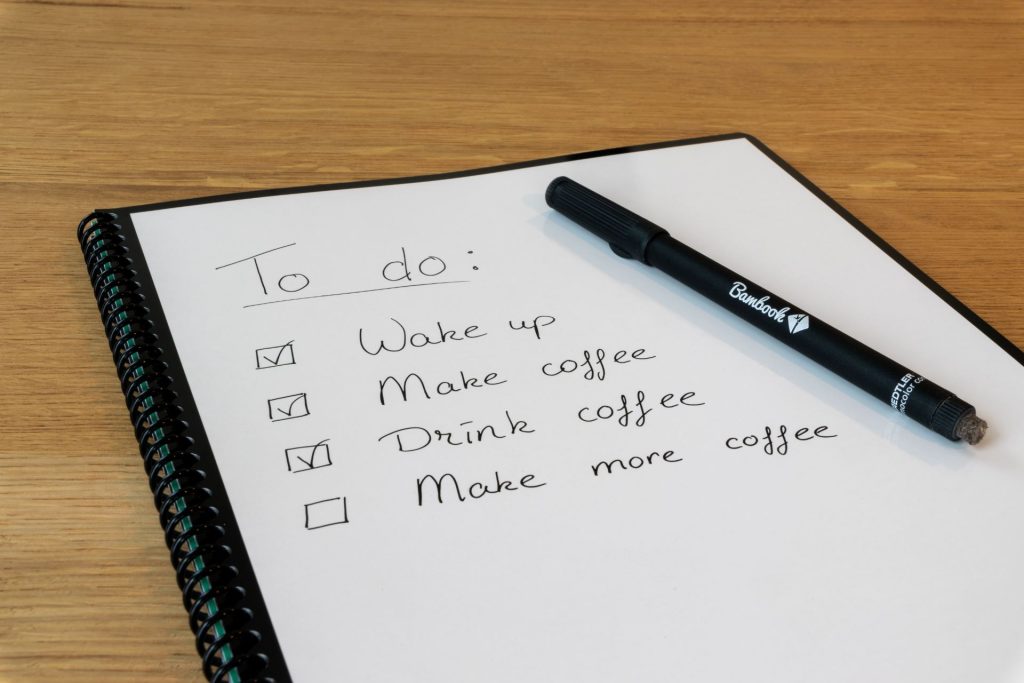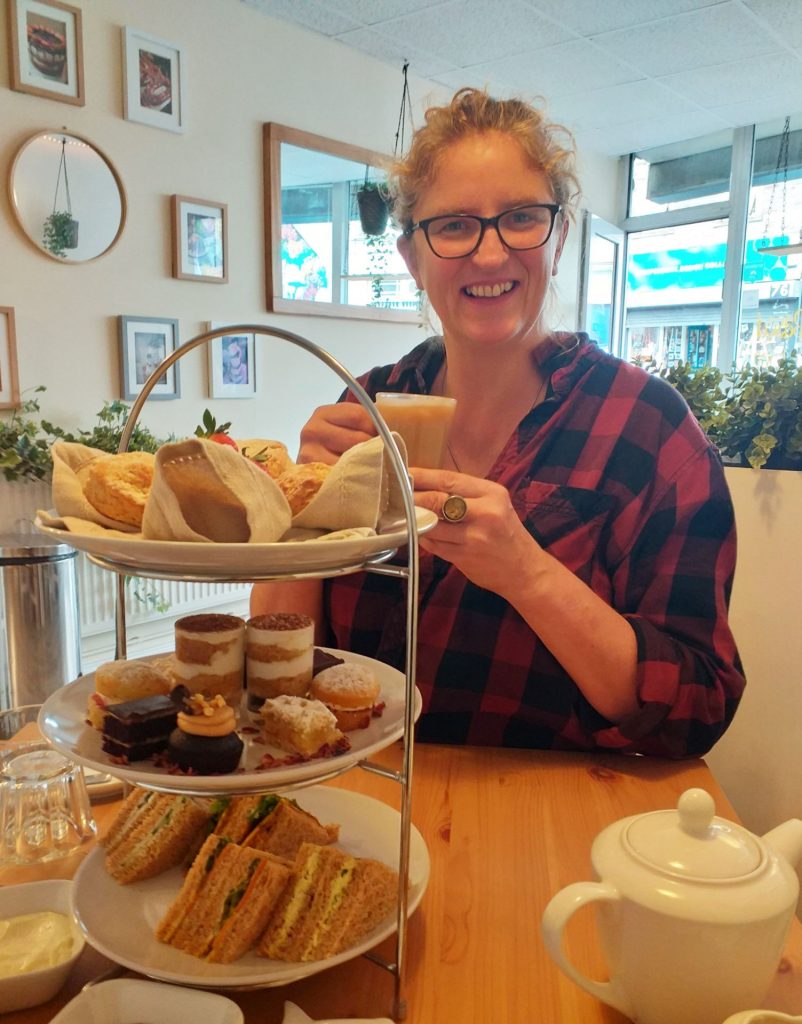 by Claudia Raymond-Hayling, Second year Theatre and English (BA) student and Bristol student advocate.
by Claudia Raymond-Hayling, Second year Theatre and English (BA) student and Bristol student advocate.
Falling behind is something that so many of us students struggle with. When I run study-skills workshops and drop-ins, I notice that this is very common, especially in the faculty of arts, when we are often given so much reading! I’ve compiled a list of things that help me when I feel I need to get more on top of my often-hectic university workload, that will hopefully be applicable, regardless of your academic discipline.
Don’t panic!
It’s important to acknowledge that falling behind is okay! Things crop up in life that can get in the way of your workload and I can almost guarantee that it has happened to every student, particularly during these uncertain times. All you can do at this point is acknowledge that you are behind and move forward, by trying not to dwell on those times when you could’ve worked ‘more’ or ‘harder’.
Acknowledge what you have done.
Reflect on those moments where you did go to seminars, do some reading or watch lectures. This doesn’t mean that you’re ignoring the fact that you need to catch up, but it creates a more positive mindset, which will be a huge motivation when getting back on top of things. It is also a reminder that you can do it!
Reach out to your peers and tutors, ask for extensions.
If you feel like you need some support, message some course mates or friends – if you’re feeling this way, others probably are too. Also, email your tutors for support or help with assessments – tell them how you’re feeling, and they can help you plan ahead and get on top of things. Tutor and peer advice can help immensely in your individual reassurance that you are not alone in feeling overwhelmed. Remember, if you’re experiencing anything that you feel you need extra support in, you can always contact student wellbeing. You can also contact your school and ask for extensions if you feel like catching up in time for assessments will not be possible.
Make a list of things you need to do.
Making a to-do list of the things that you have missed and/or need to catch up on is possibly the best first step you can make. It’s important to write these tasks down in order to visualise what you need to do. It can be really overwhelming when you know you have things to do or catch up on, but not being sure exactly what they are. Therefore, try not to think of this list as ‘things you haven’t done’ but of ‘things you will do in the future’, which will allow for a more constructive outlook as you think about these tasks.
Evaluate what things you need to do.
Acknowledge that some things you may need to leave behind. Catching up on a 300-page book from three weeks ago, when you are still learning new content and catching up on other things, may not be realistic. Don’t put too much pressure on yourself; it’s also important to recognize that sometimes you can’t do everything; your mental and physical wellbeing must be prioritised. So, whilst you are trying to be proactive in getting on top of things, don’t see this as a time where you can’t relax and socialise because it is definitely a balance between the two.
Put the tasks on your to-do list in order of priority.
Each of the things that you need to do will have varying levels of urgency and will each take different lengths of time to complete. It is important to find a way of organising your list with these things in mind – that could be through colour coding, making sticky notes, scheduling tasks in you calendar etc. Different methods of organisation work for different people but try and find a method that works for you!
Take action.
Refer to your to-do list and hopefully you will feel confident in making a start with some of the tasks you need to do. Perhaps by making a schedule of your week, with realistic daily goals, will help you manage these tasks on top of your regular timetabled hours. All you can do is try your best and any step to move forward is advantageous and positive. The important thing is to try and not let the past inhibit how you go from here.
Think ahead!
This sounds daunting, especially if you’re currently behind, but there is no harm in looking ahead to see what is coming up in each unit. Additionally, look under the ‘assessment’ tab and make a note of the dates your essays, assignments and exams will be. This will allow you to have an idea of what is coming up, in order to stay on top of future work.
Thank you for reading this far into my blog post! I really hope these things will be beneficial. Don’t forget, there is support if you need it, and falling behind is okay and often out of your control. It’s been a really tough year, so be kind to yourself. If you have any methods of staying on top of your work, or catching up on past work, feel free to leave a comment!
 by Asda Napawan, Mechanical and Electrical Engineering student and Bristol Futures Advocate
by Asda Napawan, Mechanical and Electrical Engineering student and Bristol Futures Advocate


 by Emma Ford, Bristol Futures Advocate
by Emma Ford, Bristol Futures Advocate




